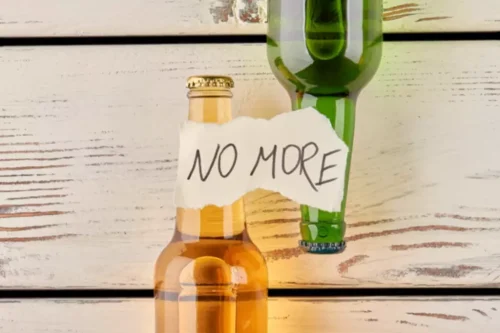
This idea that it’s “everybody else” is also why alcoholics deny that they have an addiction. They cannot look at themselves as the problem, because often they are still trying to run from whatever is causing them pain. If called out, they will insist that they don’t have a problem, because acknowledging this root issue is too scary, shameful, painful, or overwhelming.
- This scenario involves losing your sense of perception under the influence.
- Aside from existing anger issues, people can turn into aggressors when drinking for several reasons.
- If your pattern of drinking results in repeated significant distress and problems functioning in your daily life, you likely have alcohol use disorder.
- If you think about it, a crucial part of being aggressive when intoxicated is lacking self-awareness.
- Once this is done, we work on changing our train of thought and turn to good coping mechanisms.
Aggression?
Understanding the link between anger and alcoholism involves recognizing how emotions influence human biology and the negative impact of anger on our lives and relationships. Think of anger as an iceberg, where what’s visible, like stern looks or raised voices, is just the tip. Below the surface, hidden emotions such as grief, alcoholic rage syndrome fear, shame, and embarrassment often fuel anger. Anger is rarely an isolated emotion, shedding light on its connection to alcoholism. This aggressive behavior may result in other issues, such as verbal abuse. If drinking causes a blackout, you may not even remember being aggressive unless someone reminds you about it.
Ways Alcohol Facilitates Anger, Aggression and Violence

Rather than face the feelings, they are using the substance to “regulate” themselves. The physical dependence on the alcohol and the scramble to remain numb often leads alcoholics to blame, manipulate, or bully family members and loved ones until their, now physical need is satisfied. The body adapts to having certain alcohol levels, and after a while, if the level of alcohol is not maintained, it is physically painful.
Sober But Miserable? You Could Have Dry Drunk Syndrome
By not seeing situations clearly, you endanger yourself or others. When we delve deeper into the psyche of an ‘angry drunk,’ we often find a complex interplay between psychological factors and substance use. It’s important for both individuals and society as a whole to understand these dynamics better – not just to handle such situations effectively but also for preventive measures. The best decision you can make is often the most difficult because it may involve putting your life, your family and your career on hold.
Follow the UK low risk drinking guidelines
- Once detox is complete, alcoholics can begin tackling problematic behaviors related to their addiction and learn how to live sober again.
- Consider talking with someone who has had a problem with drinking but has stopped.
- Alcoholics Anonymous, one of the country’s oldest and most prestigious group support programs, has long recognized the link between alcohol and anger.
- In fact, from what we know regarding the causes of dry drunk syndrome, you most likely dealt with mental illness before your addiction.
- Angry drunks might clench their fists or jaws, have a tense posture, and avoid eye contact – all signs of hostility and aggression.
And cutting down or stopping has lots of other benefits too, for your physical and mental health. There’s no better way to put it — properly addressing alcohol-fueled aggression is crucial for your well-being and relationships. By seeking recovery for problems with alcohol and anger, you can work toward a more positive life.

In a WHO assessment on domestic violence and alcohol, 55% of surveyed Americans stated they thought their partner was intoxicated during a physical assault. In most cases, women are at a higher risk of experiencing alcohol-related domestic violence from male partners. Furthermore, alcohol can make you focus too much on specific words or behaviors from other people. If you see someone cut in front of you in line for the bathroom at a bar or concert, you may react aggressively when you otherwise wouldn’t mind. When drinking, it becomes increasingly challenging to interpret information logically.

